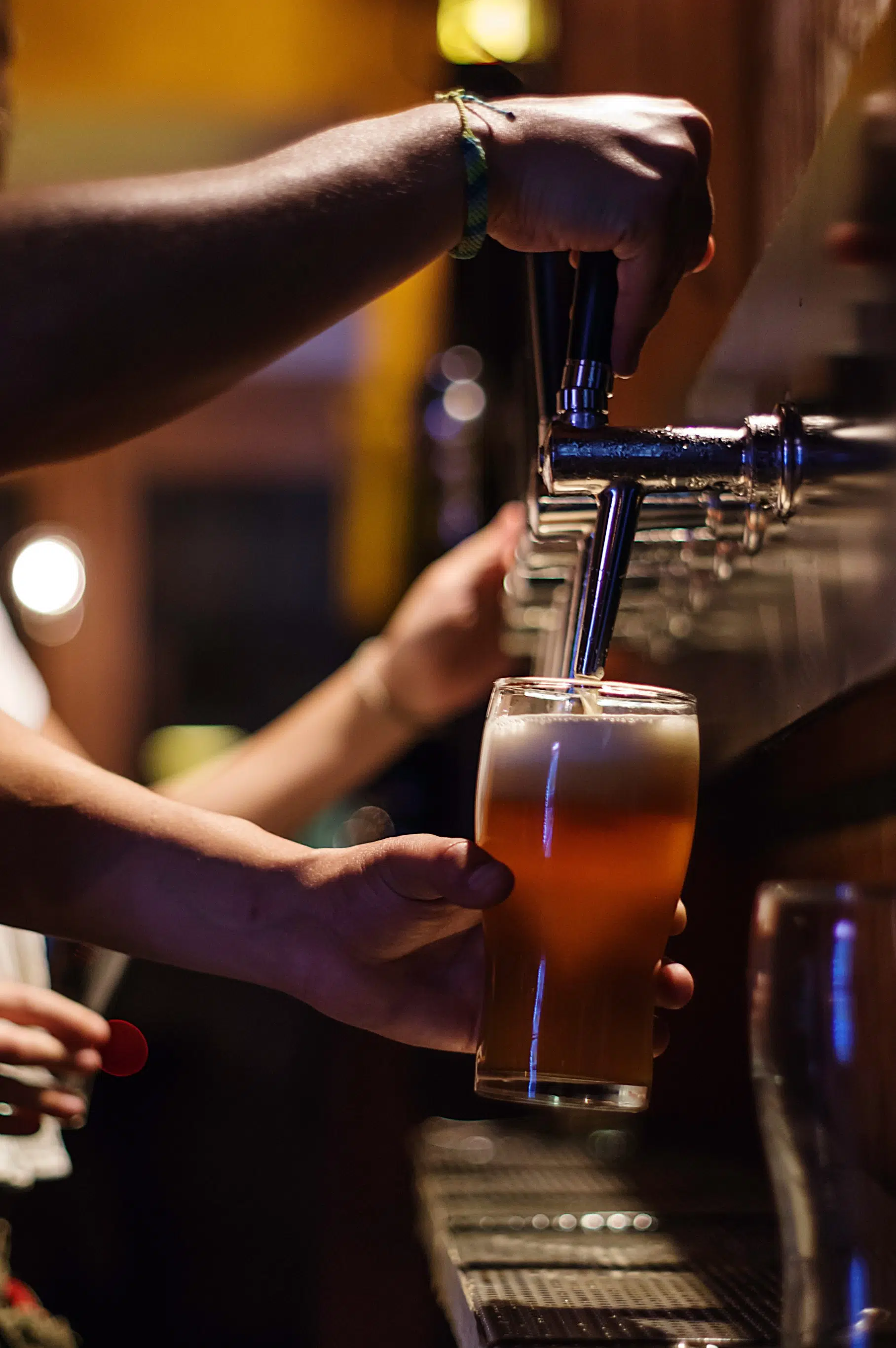Cabarets must comply with criminal record checks, security training, and responsible beverage service program
In an effort to enhance safety and security at late-night bars known as cabarets, Nova Scotia has announced new licensing requirements for security staff. Effective immediately, security personnel will be required to undergo criminal record checks and complete an approved security training course by July 1. Additionally, they must participate in a responsible beverage service training program.
The decision comes as part of the government’s ongoing commitment to prioritize the well-being of customers and employees in the bar industry. The new regulations will ensure that security staff possess the necessary skills and knowledge to maintain a safe environment.
Service Nova Scotia and Internal Services Minister, Colton LeBlanc, emphasized the importance of providing security staff with the tools to fulfill their responsibilities effectively. “Bouncers are there for one reason: to help keep people safe. This new training will give them the tools to better understand how to do that,” stated LeBlanc.
To comply with the updated requirements, security staff must complete the Alberta ProTect Security Training Program, which is currently available online. However, the Province plans to develop its own training program in the coming months, which will replace the Alberta program.
In addition to security training, security personnel must also undergo responsible beverage service training through the Serve Right program, offered in partnership with the Tourism Industry Association of Nova Scotia. This program aims to educate staff about responsible alcohol service to promote the safe consumption of alcohol.
To ensure compliance, at least one manager or supervisor who has completed both training programs and undergone a criminal record check must be present on-site during opening hours.
The new regulations will apply to five cabarets in Nova Scotia: The Dome/Level 8 Night Club & Lounge, HFX Sports Bar & Grill/The Alehouse, the Toothy Moose, all located in Halifax, and the Capri Cabaret in Sydney.
Natasha Chestnut, Executive Director of the Restaurant Association of Nova Scotia, welcomed the additional training for security personnel, highlighting the benefits it would bring to the industry. “Providing additional training for security personnel who work in the bar scene is a positive step. When individuals have the resources and skill sets to support them in doing their job, it is beneficial to the health and safety of customers and employees,” said Chestnut.
Cabarets found to be in violation of the new licensing requirements may face corrective action, which could include a suspension of their liquor license. The Alcohol, Gaming, Fuel, and Tobacco division of Service Nova Scotia and Internal Services will be responsible for enforcing the Liquor Control Act and Liquor Licensing Regulations to ensure the safe consumption of alcohol.
It is important to note that in-house security, such as door staff, is exempt from licensing under the Private Investigators and Private Guards Act, which regulates contract security businesses and their employees.
The implementation of these new regulations reflects Nova Scotia’s commitment to creating a safe and secure environment within its late-night bar establishments. By equipping security staff with proper training and conducting criminal record checks, the government aims to promote a responsible and enjoyable nightlife experience for residents and visitors alike.










